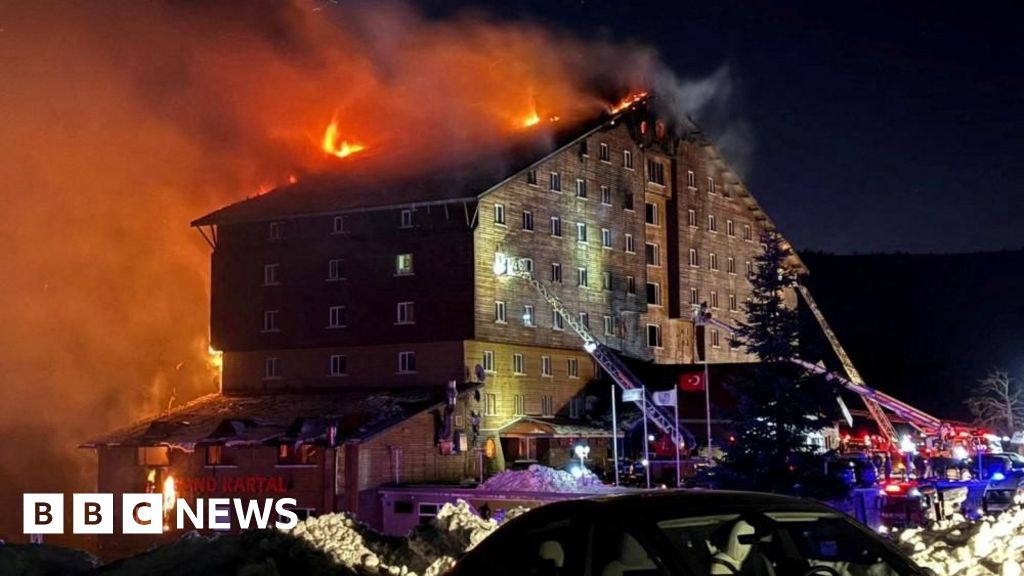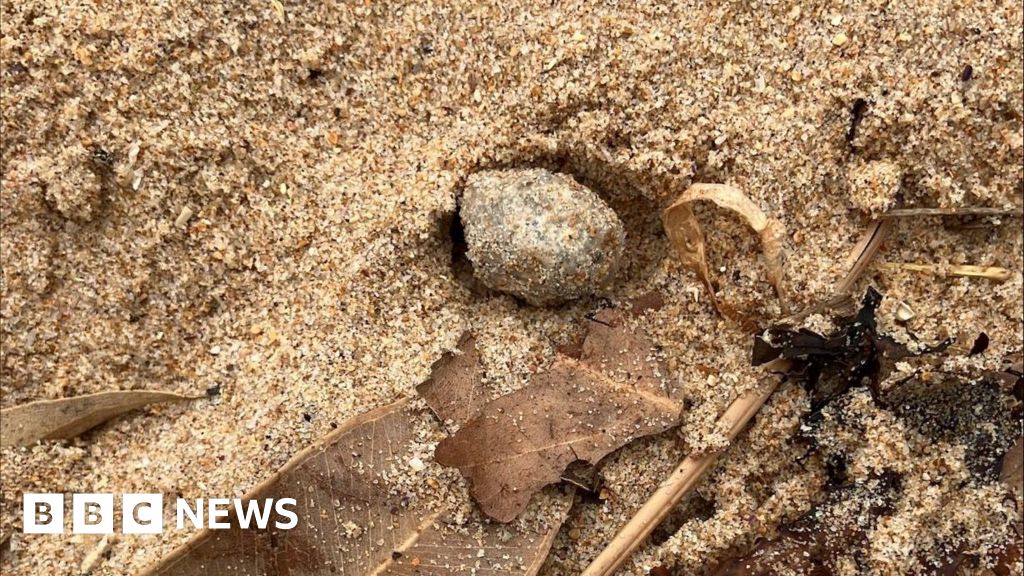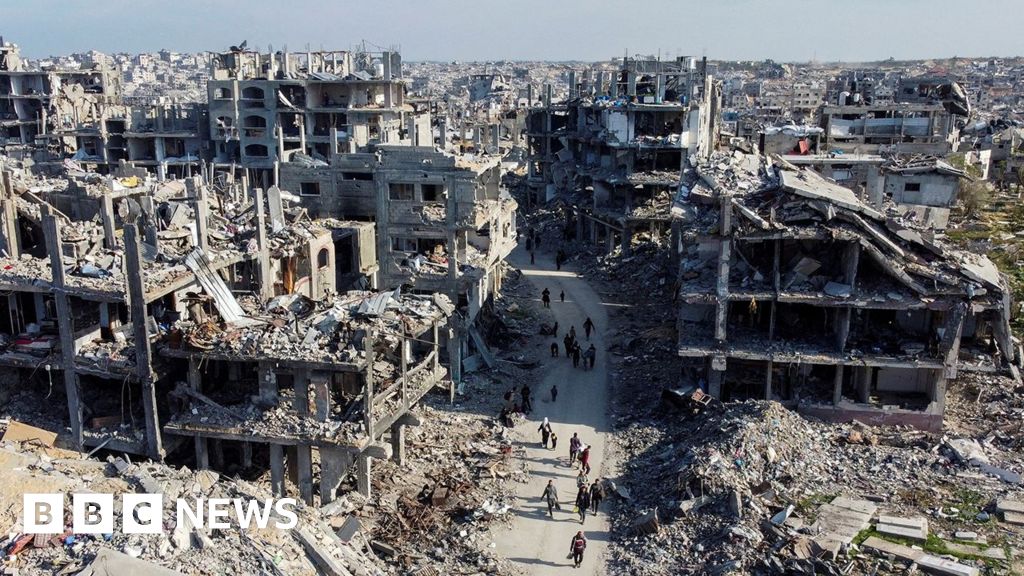ARTICLE AD BOX
By Laura Trevelyan
BBC News
Image source, Getty Images
Image caption,The Earl and Countess of Wessex touched down in St Lucia for the start of their Caribbean tour, hours after cancelling a stop in Grenada
Negative headlines followed the Duke and Duchess of Cambridge's tour of the Caribbean, while hours before they they landed for their own tour, the Earl and Countess of Wessex cancelled a visit to Grenada. So what did Grenadians want to tell the royals about Britain's past?
For those wondering why not just the British government but the Royal Family are being asked by Caribbean nations to apologise for slavery, look no further than the Royal African Company.
Set up in the 17th Century with a charter granted by King Charles II, this company - with royal blessing - brought tens of thousands of captive Africans to the Americas.
George II was a prominent supporter of the slave trade and plantations. Slavery was sanctioned by the Royal Family at its inception.
This is why members of Grenada's Reparations Commission on slavery wished to meet with the Earl and Countess of Wessex during their visit - and doubtless why the Palace felt this would be a fraught encounter.
My family, the Trevelyans, owned about 1,000 slaves on five different sugar plantations in Grenada in the 17th and 18th centuries.
When slavery was abolished in 1834, our family, along with 46,000 others in the UK, received compensation from the British government for the loss of our property.
We received about £3m in today's money. The enslaved got nothing.
In fact, they had to work for their owners for free for another eight years - another form of enslavement.
This rank unfairness is fuelling calls for more than expressions of profound sorrow from the UK government and the Royal Family that slavery ever happened.
A crime was committed, said Nicole Phillip-Dowe of Grenada's National Reparations Commission when I visited the island in February, trying to understand the legacy of slavery.
The commission wants an apology from the British government - and commission chair Arley Gill wants an apology from Queen Elizabeth herself, for the Royal Family's role in sanctioning and endorsing the theft of west Africans from their homeland, so they could work in brutal conditions on the sugar cane plantations of the British Empire.
Arley Gill of Grenada's National Reparations Committee, wants a "full-fledged apology from the colonial powers to begin with"
"Our ancestors, enslaved Africans, worked on the plantations for free. They were kidnapped. They were enslaved, forced labour. They were kept in horrific conditions," Mr Gill said.
That exploitation enabled the Industrial Revolution and was a foundation for the wealth of countries such as France, the UK, the Netherlands and Germany, he said.
"We believe for one, there must be a full-fledged apology from the colonial powers to begin with, and acceptance that what they have done in the practising of the slave trade and slavery is a crime against humanity," he said.
"We cannot leave out the monarchy. Yes, we cannot leave the queen of England. The queen of England and the Royal Family played a critical role in sanctioning and participating in the slave trade and slavery. That is a stain as far as I'm concerned on the British monarchy and the British government."
Grenada's reparations commission wants the colonial powers of France and Britain to invest in health and education, to try and repair the damage done by slavery.
Diabetes and hypertension are common in Grenada, a legacy of the poor diet of the enslaved.
Caribbean intellectuals are now beginning to see slavery as a genocide - because of the systemic way slaves were brutalised and abused by a system which took all the wealth out of the islands, leaving a legacy of poverty, illiteracy, racial degradation and ill-health.
For many Grenadians, whose grandparents can remember their great-grandparents who were slaves, slavery is not a dim and distant memory. It is the living present.
This is why the Royal Family's acknowledgment that slavery was abhorrent is seen as wholly inadequate.
Laura Trevelyan's documentary, Grenada: Confronting the Past, will be on BBC radio and BBC Sounds on 10 May and on BBC World News on 14 May and 15 May.

 2 years ago
106
2 years ago
106








 English (US) ·
English (US) ·